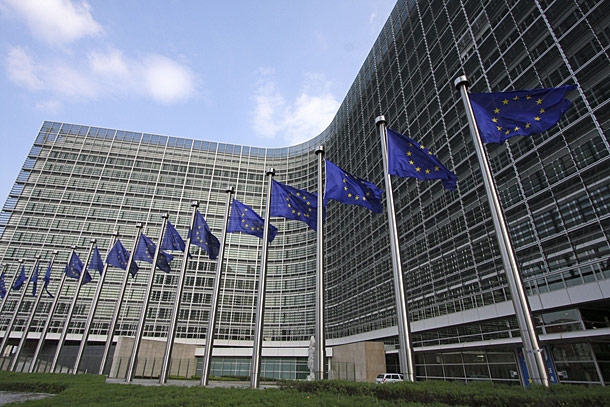European Commission Pledges Free Internet, Wi-Fi and More
September 16, 2016
In his “State of the European Union” address, European Commission president Jean-Claude Juncker spelled out a list of proposals. Internet access will be established as a universal service, obsoleting old universal services such as pay phones. Free Wi-Fi will be provided in the next four years for every EU city, town and village, and the Commission suggests a target date of 2025 for all EU households to have download speeds of at least 100Mbps, and full deployment of 5G mobile communications systems.
Ars Technica reports that a recent grant of €120 million will enable the upgrades for universal service and, if approved by the European Parliament and national ministers, the monies will be available before the end of 2017. Juncker, who also promises, “to abolish roaming once and for all,” put forth the Commission’s proposed European Electronic Communications Code, which “merges four existing telecoms Directives (Framework, Authorization, Access, and Universal Service Directive).”
The Commission would also update the Regulation on the Body of European Regulators of Electronic Communications (BEREC); a Regulation to support local communities in providing free public Wi-Fi to their citizens; and an Action Plan to deploy 5G in the EU.
The new copyright package, much of which was already revealed in leaks, sets forth what’s been dubbed the Google tax, which is “a neighboring rights provision that would allow publishers to charge aggregators for publishing snippets of their stories.” Another provision, dubbed the YouTube rule, charges “intermediaries that store and provide access works uploaded by users” with creating “effective content identification technologies” to ferret out copyright infringements.
The provisions also set out an exception to copyright rules, aimed at making content more available to schools, universities and public interest researchers. These groups would be allowed to “use material for teaching as well as text and data mining under specific circumstances.” Another potential provision, dubbed the Freedom of Panorama, which “allows filmmakers and photographers to include copyrighted public buildings and monuments in their work,” was absent in the proposals.


No Comments Yet
You can be the first to comment!
Sorry, comments for this entry are closed at this time.